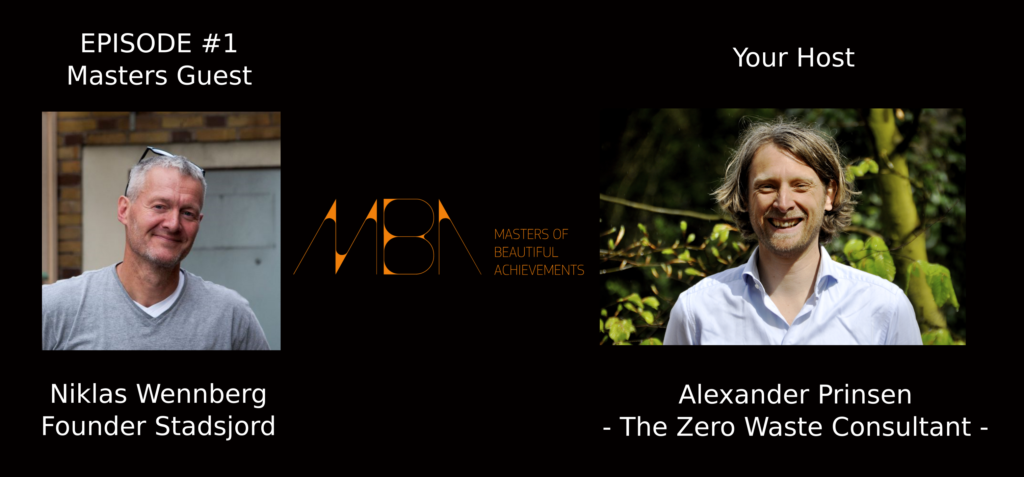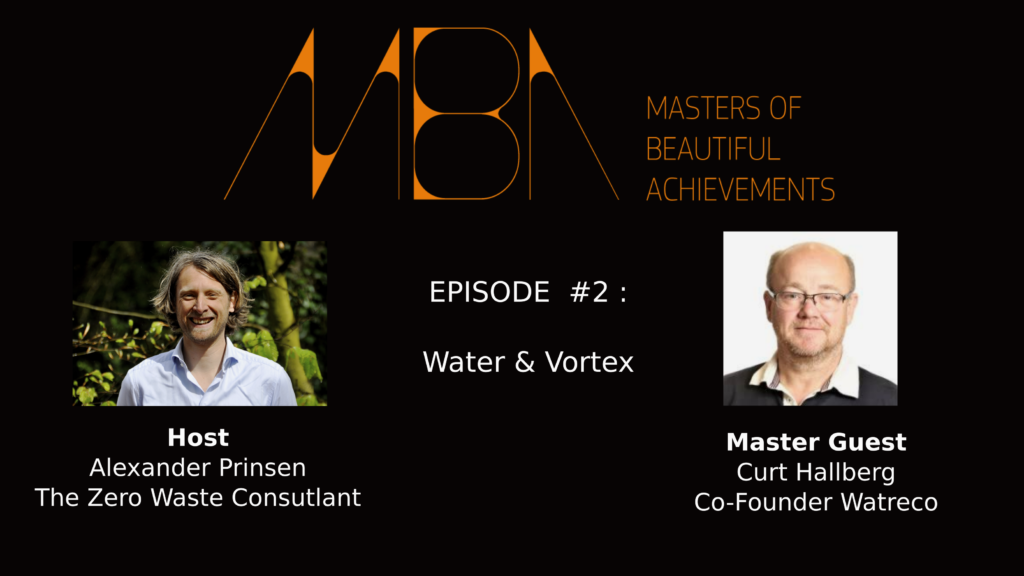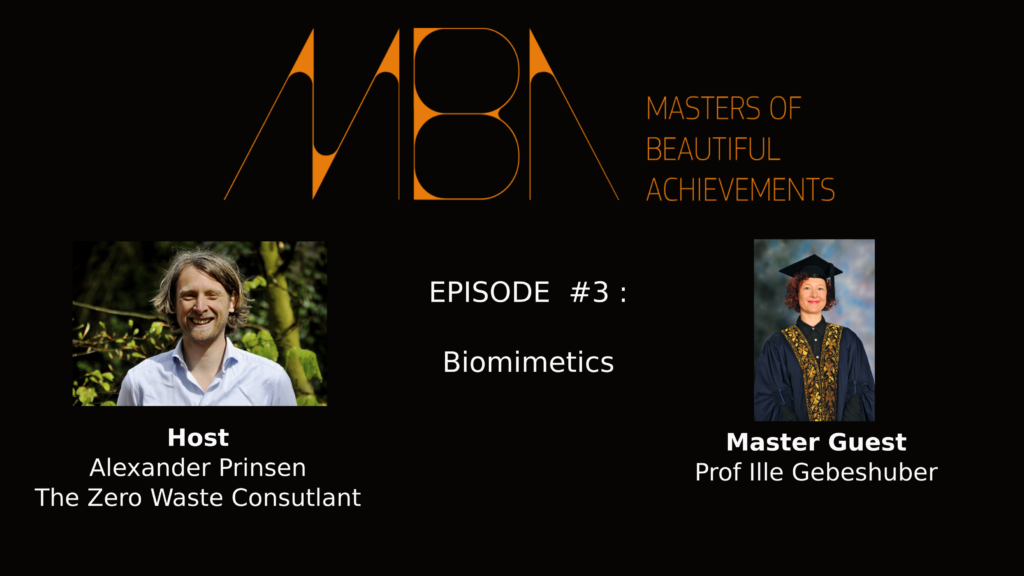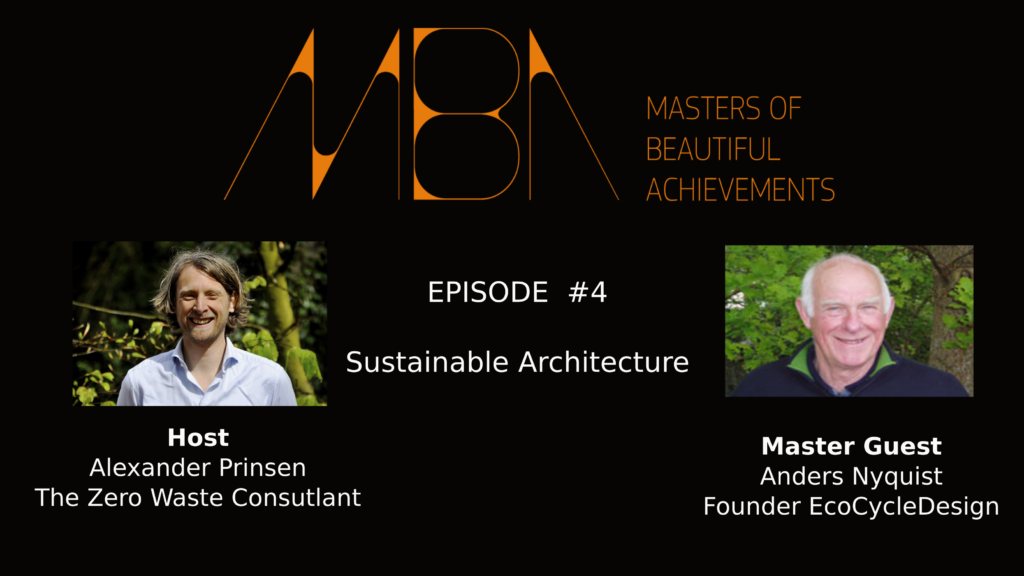In a world where technology and biology converge, biocomputing with human neurons stands as a beacon of innovation. Imagine a computing system that leverages the power of living neurons, offering a million-fold increase in energy efficiency compared to traditional artificial neurons. This is not science fiction; it’s the groundbreaking work of Fred Jordan and his team at Final Spark.
The Journey to Biocomputing
Fred Jordan, a French physicist and co-founder of Final Spark, embarked on a journey to revolutionize AI by exploring new frontiers. Initially focused on simulating artificial neurons, Fred and his team discovered the immense energy consumption involved. This led them to the realization that living neurons could offer a more power-efficient solution. “The difference of energy efficiency is about one million in favor of living neurons instead of artificial neurons,” Fred explains.
(note: summery provide by Riverside AI)
My revenue model is based how you rate this episode and willing to attribute a value for the creator (me).
It goes in various names, such as Value 4 Value (Adem Curry), Gift economy (Charles Eisenstein) or Pay what you want model
In essence you let me know what you think of this episode
either being a monetary value such as a donation, or long term membership or something different.
As it is always nice to receive an acknowledgement that you enjoy what I do.
Here are some options how to support this podcast
= use![]() for a one-time or monthly donation
for a one-time or monthly donation
= use![]() for a one-time or monthly donation
for a one-time or monthly donation
= use ![]() for a one time small contribution
for a one time small contribution
In addition you can also opt for
= a 1:1 follow up conversation via gumroad.
= Join my email-list to stay updated
= Or something else, like helping me grow the podcast or other topics I haven’t thought of
I thank you for your support and enjoy the conversation![]()
![]()
![]()
![]()
![]()
![]()
![]()
![]()
AI and the Power of Neurons
Artificial Intelligence (AI) has traditionally relied on artificial neurons, which are essentially mathematical formulas designed to mimic the way human neurons process information. These artificial neurons are the backbone of many AI systems, from image recognition to natural language processing. However, they require significant energy to function. By contrast, biocomputing with human neurons uses living cells to process information, potentially transforming the AI landscape by reducing energy consumption and increasing efficiency.
How Biocomputing Works
Biocomputing with human neurons involves creating brain organoids—small, organ-like structures that mimic specific areas of the brain. These organoids are cultivated from human stem cells and are capable of forming complex networks similar to those in the human brain. Once developed, they are placed on electrodes that allow them to interact and process information. The neurons communicate through electrical impulses, known as spikes, and chemical signals, enabling them to perform computations. This process mimics the natural way our brains process information, offering a more efficient and potentially more powerful alternative to traditional computing methods.
Challenges Fred Faces
Fred Jordan’s journey into biocomputing is fraught with challenges. Transitioning from AI programming to biology required Fred to become a “rookie” again, learning the intricacies of cell culture and neuron manipulation. The steep learning curve involved understanding how to cultivate neurons, create brain organoids, and ensure their viability for computation. Additionally, the field of biocomputing is still in its infancy, with many unknowns about how neurons process information and how to effectively train them for specific tasks. Fred also faces the challenge of extending the lifespan of brain organoids to make them viable for long-term applications. Despite these hurdles, Fred remains optimistic about the potential of biocomputing to revolutionize the AI landscape.
Conclusion
Biocomputing with human neurons is a testament to the power of innovation and the endless possibilities that arise when technology and biology intersect. As Fred Jordan and his team continue to push the boundaries, we are left to wonder: what other secrets does the world of biocomputing hold?
Did you find this conversation interesting? Become a paid subscriber in support of the podcast. Thank you in advance.
Making podcasts requires hours preparing and editing, and it is always nice to receive an acknowledgement that you have liked what I do.  – Become a paid member of my Gumroad community
– Become a paid member of my Gumroad community
The Masters of Beautiful Achievements podcast series is where Alexander Prinsen explores natural science, innovation, systems thinking and leadership. As systemic innovation consultant at scopematters.com he helps organizations accelerate to save costs, do good and operate within the planetary boundaries.



